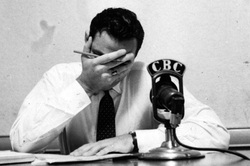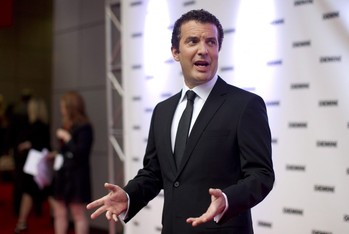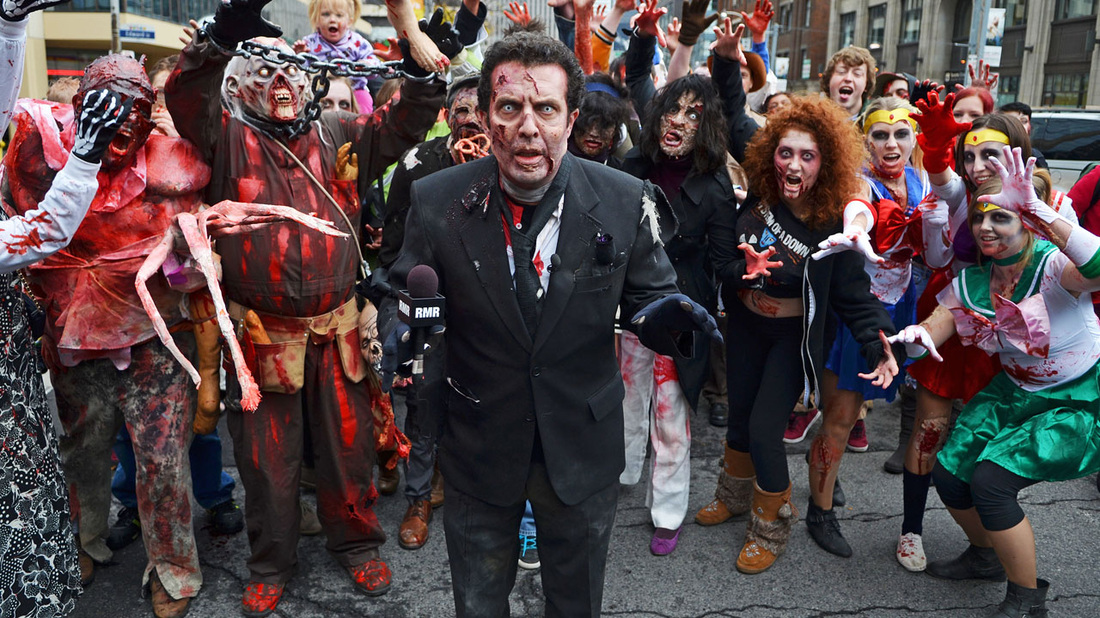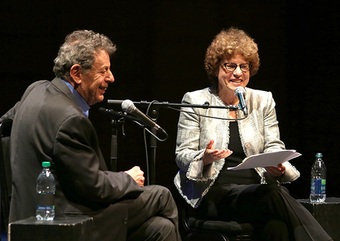
It is certainly a succinct way to capture what is in many respects a picture of extremes at Canada's public broadcaster. On one hand, things are looking better than ever for the Mother Corp. In terms of engagement, CBC radio is actually enjoying the largest share of audience it has had at almost anytime in its history, and with programs such as Q doing so well both across Canada and even south of the border, more people than ever are interacting with and listening to the content of CBC radio. On the programming side, things have been so strong that the CBC was even honoured this year with the Broadcaster of the Year Award at the prestigious New York Festivals International Radio Awards.
And yet, at the same time, the CBC is also facing what is one its bleakest periods in its over 75 year history. In the 2012 Federal Budget, the CBC was singled out for some of the harshest cuts of all government departments, and its annual appropriation was slashed by 11% or $115 million a year. The move forced the thread-bare corporation (which was already the second lowest funded public broadcaster of any industrialized nation in the world) to cancel shows (such as Dispatches), lay off staff, close departments, and perhaps most worrisome of all, introduce ads on CBC radio 2.

Thankfully if anyone can give Canadians insight into this complex picture and of good and bad news at CBC radio and speak to the challenges CBC is facing, it would be Chris Boyce, who oversees both programming and administration at CBC Radio and Audio.
Before taking on his current role as Executive Director, Chris Boyce spent several years as the head of Program Development at CBC Radio, and during that time played a key role in the creation of such notable and long-lasting programs as Wiretap, Q, Spark, and The Age of Persuasion.
I spoke to Chris Boyce about his life in broadcasting, the current state of CBC Radio, the effects of the budget cuts, and the difficult decision to introduce ads on CBC Radio Two. Listen here:






 RSS Feed
RSS Feed
